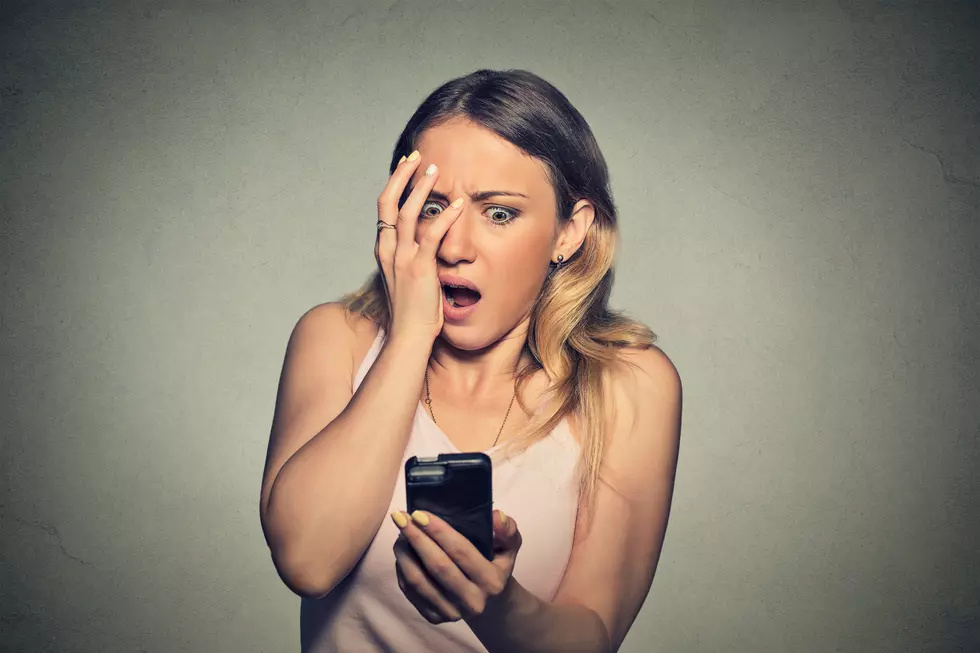
Are you worried about NJ’s expanding contact-tracing program?
With more retail stores opening, restaurants starting to serve patrons outdoors, and daycare, summer camps, salons and pools reopening in the next few weeks, the state is ramping up efforts to get more contact tracers to spring into action in case there’s a new coronavirus spike.
Contact tracing is not new. But on Wednesday, Gov. Phil Murphy said that in three weeks local health department contact tracers will grow from 900 to more than 2,500 in order to deal with the pandemic. By the end of July, more than 4,000 contact tracers will be on the job.
In the event of a COVID-19 flare-up, contact tracers will track people who may have been exposed to the virus by a close, prolonged contact with someone who tests positive. The tracer will encourage those people to get tested and self-quarantine if necessary.
Murphy has said that widespread testing plus contact tracing will be key to controlling the spread of the virus later this year without once again resorting to the kind of shutdowns the state has mandated since March.
Some people have voiced privacy concerns about the state’s contact tracing program, and a few have said they’re convinced this could be a “Big Brother” effort to track and monitor movements. But Murphy insists nothing could be further from the truth.
He said the CommCare data collection platform "is not a tracking app."
"CommCare doesn’t track your cell phone, know your GPS location or use any geo-location data," he said Wednesday.
Murphy said tracers will only contact people whose names they are given by someone who has tested positive.
"There will be no wild goose chases or rogue investigations," Murphy said.
He stressed CommCare “is fully HIPAA compliant, meaning any personal information inputted by contact tracers is protected under law. It uses state-of-the-art encryption technologies to protect the storage and processing of information.”
He said CommCare will allow contact tracers to do their job but no one else will have access to the information.
Murphy also said there is concern that when contract tracers try to reach individuals by phone, some may not answer these calls because they may think it’s either a robocall or some kind of scam. A public relations campaign will let the public know to expect these calls.
"I would just plead to folks: We’re doing it for your good, and for your family's good and for the greater community good," he said.
KEEP READING: What I've learned from being in quarantine - Big Joe Henry
You can contact reporter David Matthau at David.Matthau@townsquaremedia.com
More From New Jersey 101.5 FM









